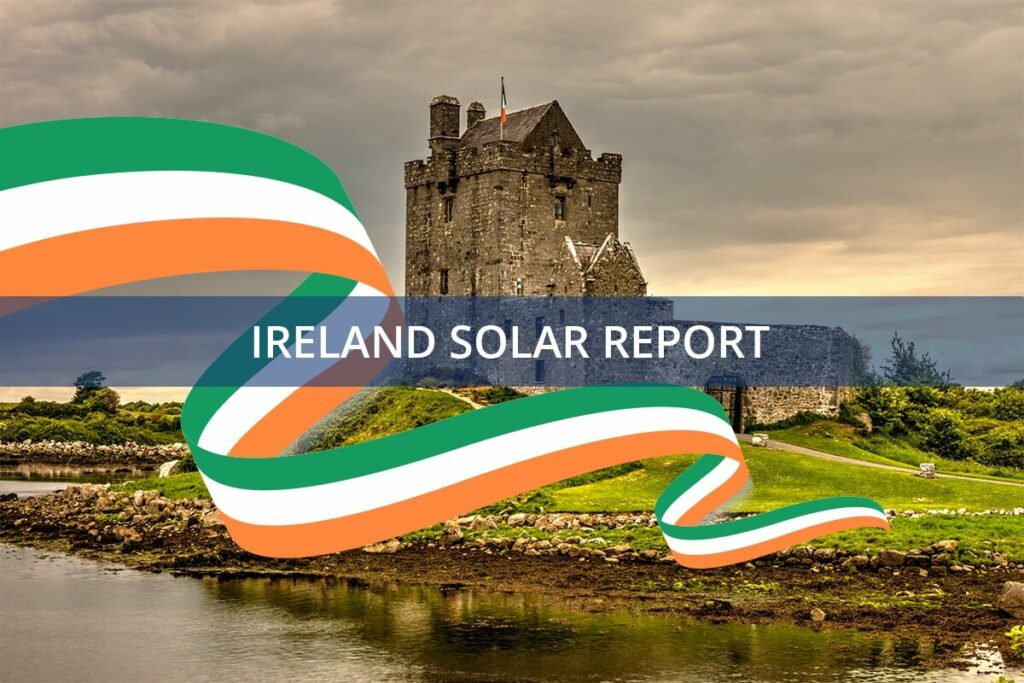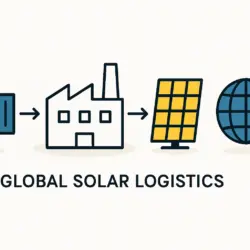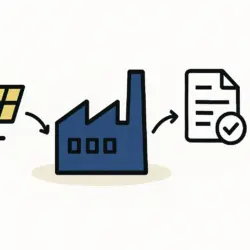Limerick Feed Mill has been blocked from connecting its solar power system to the national grid due to constraints in the grid’s capacity.
Feed mill solar power Grid Connection Refusal
Liffey Mills has invested heavily in solar power at its site in Roscrea, Co. Tipperary, with the goal of powering its feed mill operations sustainably. However, when the company applied for a grid connection to share its surplus solar energy, ESB Networks refused the application.
The refusal was due to grid constraints, meaning the national grid lacks the capacity to handle additional power from the solar installation. This situation is becoming increasingly common, highlighting the challenges faced by businesses seeking to integrate renewable energy sources.
As a result, the company is unable to export any excess solar energy back to the grid, losing out on potential earnings of between €60,000 and €70,000 annually. This lost revenue could have been reinvested in further sustainability initiatives or used to offset operational costs.
Expanding Feed mill solar power
Despite this setback, Liffey Mills plans to continue its push toward sustainability. The company is expanding its solar capacity at its Roscrea site by adding an additional 1.2 megawatts of power by 2025. This expansion aims to make the feed mill operation self-sufficient in terms of energy consumption. By increasing their solar capacity, Liffey Mills aims to reduce its reliance on the national grid and minimize its carbon footprint.
The company is also exploring similar solar projects at its other locations in Banagher, Nenagh, and Athy. These initiatives are part of Liffey Mills’ broader strategy to reduce its carbon footprint and embrace renewable energy. Businesses across Ireland are increasingly looking at solar energy, and you can explore the Ireland Solar Panel Manufacturing Report for market analysis and insights.
The refusal highlights a growing issue in Ireland‘s energy sector. The national grid is increasingly unable to accommodate new connections from renewable energy sources, posing challenges for businesses looking to invest in green energy. As demonstrated by the recent completion of the Northern Ireland solar farm, which is now generating electricity for approximately 14,000 homes, the potential for solar energy in Ireland is significant, but grid infrastructure needs to be upgraded to support further expansion.
Impact on Feed Mill and Feed mill solar power
If Liffey Mills had been able to connect its solar power to the grid, the company would have benefited not only from reduced energy costs but also from selling surplus power back to the grid. This would have provided a significant revenue stream and further incentivized the company’s shift towards renewable energy.
The inability to connect to the grid means that Liffey Mills will have to find alternative ways to manage its excess solar power and continue its commitment to sustainability without the financial benefits of grid connection. They may need to explore options such as energy storage solutions or optimizing their energy consumption to match solar power generation. Understanding the basics of solar panel manufacturing can help Liffey Mills make informed decisions about their solar investments and maximize their self-sufficiency.



